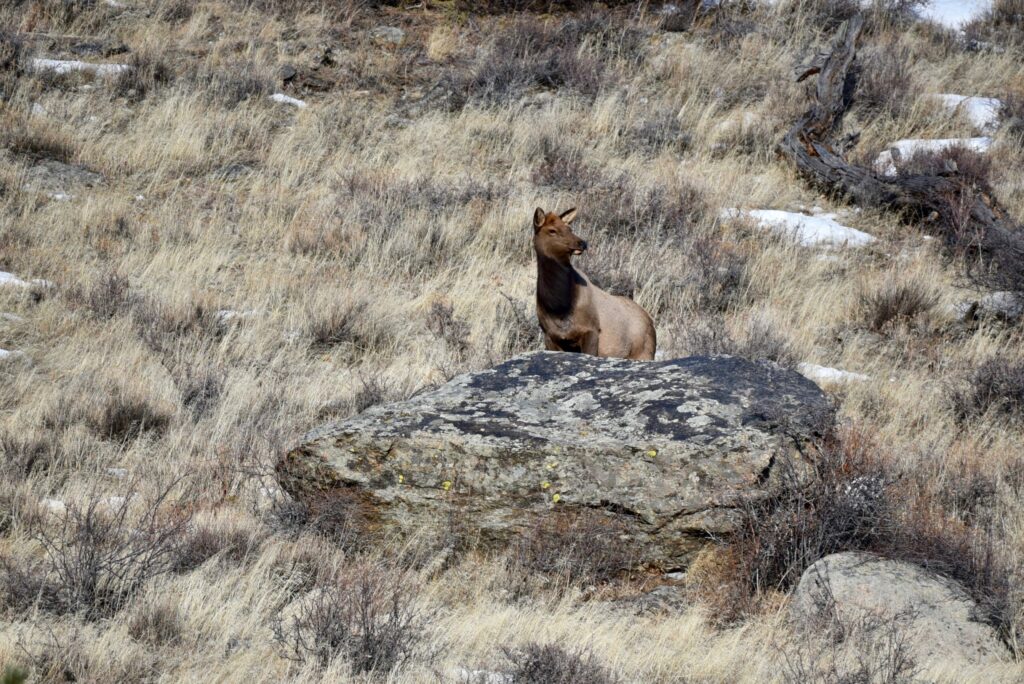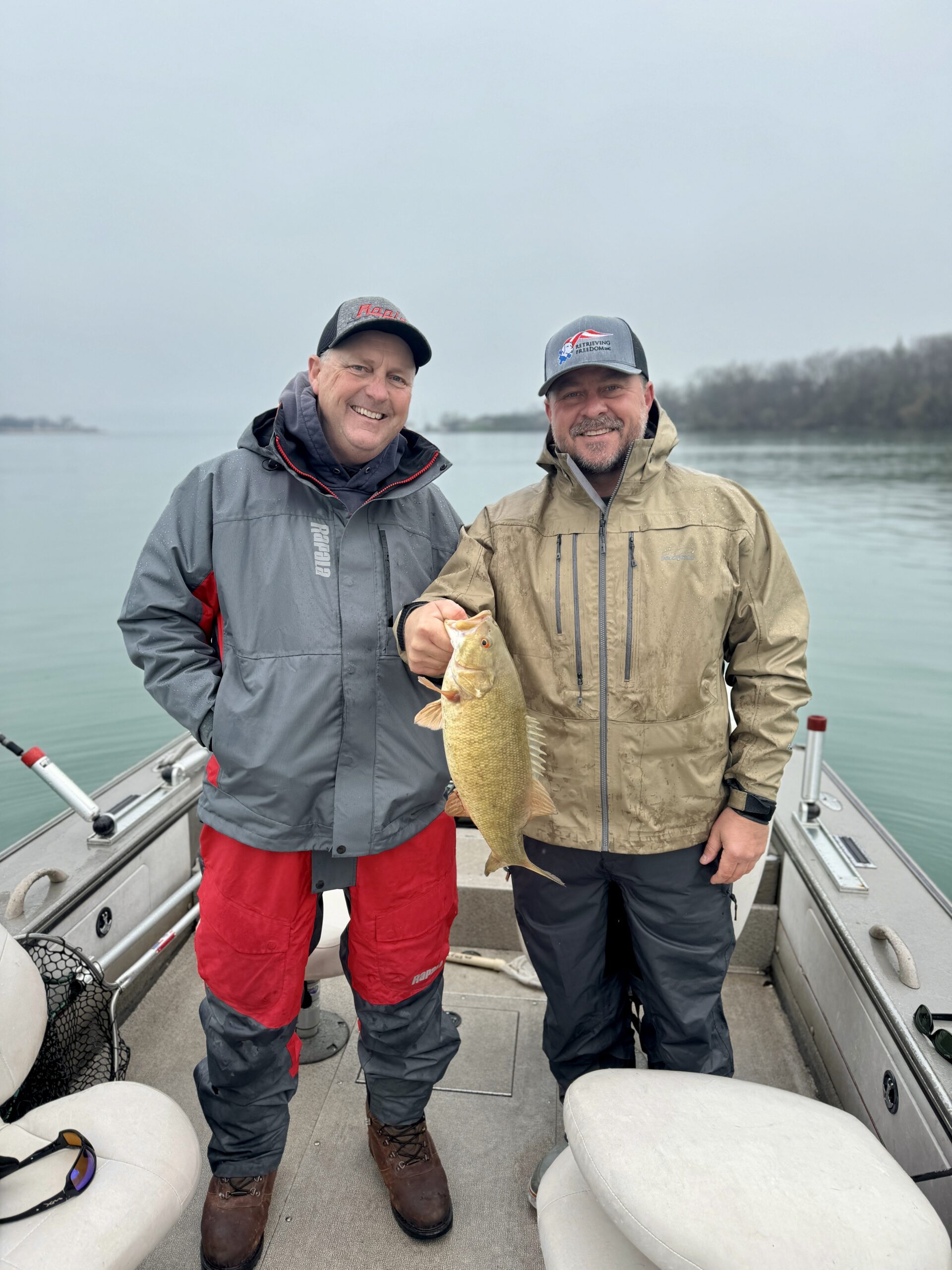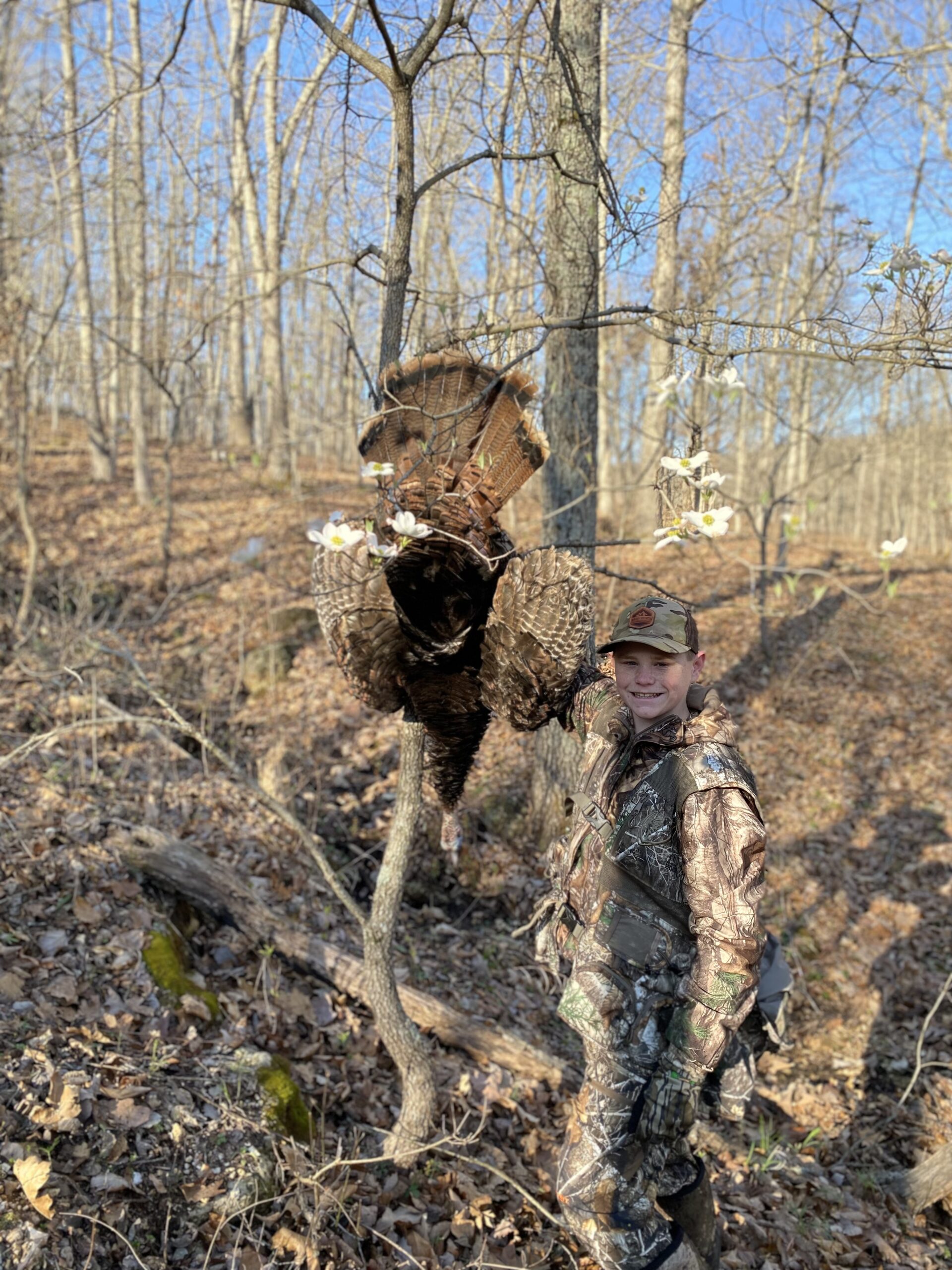Wildlife across the United States is in peril. State fish and wildlife agencies have collectively identified over 12,000 species of mammals, birds, fish and insects, many of which you have likely never heard of, as in need of proactive conservation measures. If passed, Recovering America’s Wildlife Act (RAWA) will provide funding necessary for such efforts.
Recovering America’s Wildlife Act is a bipartisan piece of legislation. It was originally drafted a few years ago, but was reintroduced by Senators Martin Heinrich (D-NM) and Roy Blunt (R-MO) in July 2021. It currently has 32 bipartisan cosponsors. The U.S. Senate Environment and Public Works (EPW) Committee voted to advance the legislation to the Senate for final passage.
The summary of the bill, which is formally titled S.2372, states, “This bill provides funding for (1) the conservation or restoration of wildlife and plant species of greatest conservation need; (2) the wildlife conservation strategies of states, territories, or the District of Columbia; and (3) wildlife conservation education and recreation projects. The Department of the Interior must use a portion of the funding for a grant program. The grants must be used for innovative recovery efforts for species of greatest conservation need, species listed as endangered or threatened species, or the habitats of such species. In addition, the bill requires certain revenues generated from fees and penalties for violations of environmental requirements to be used as a source for the funding.”
The Association of Fish and Wildlife Agencies (AFWA) serves as the collective voice of state, provincial and territorial fish and wildlife agencies. The organization issued a press release acknowledging the advancement of the act and their support for final passage.
In the release, Senator Blunt said, “Protecting habitats and wildlife is not only important to states like Missouri – with some of the best hunting, fishing, and outdoor recreation in the country – it’s important to communities all across the nation. By encouraging states, territories, and Tribes to make significant contributions to voluntary conservation efforts, we can preserve our nation’s wildlife for future generations. I appreciate the Association of Fish & Wildlife Agencies for being a strong advocate in this effort, and I look forward to their continued partnership as Senator Heinrich and I keep working to get this landmark legislation to the president’s desk.”
Senator Heinrich, who represents New Mexico, is a Missouri native and accomplished big game hunter. He is also the only federal legislator I’ve shared a meal with in their home. When visiting the Senator in New Mexico, he personally prepared a dish of spicy caribou stew from a bull he took in Alaska for me and my friend, Jesse Duebel. I know his passion for wildlife is authentic and it’s reassuring to know we have elected officials like Heinrich serving the interests of those who love wildlife and wild places.
“The outdoors have once again proven to be a real uniting force. I’m so proud of the bipartisan leadership and widespread support that is moving the Recovering America’s Wildlife Act forward. Senator Blunt has been a great partner and EPW Chairman Tom Carper and Ranking Member Shelley Moore Capito helped us advance this landmark conservation legislation. I am confident that if we can keep up our momentum, we will pass this bill through the full Senate with broad, bipartisan support,” said Heinrich, member of the Senate Energy and Natural Resources Committee.
The significance of this bill is monumental. Without a serious influx of funding for critical habitat work, we will continue to lose species to extinction. When considering the loss of a single species forever, I believe it is fair to say, that is a priceless cost. How to you put a financial value on the loss of the passenger pigeon or phantom shiner.
“This Recovering America’s Wildlife Act is the single most exciting wildlife conservation bill in a generation,” said Ron Regan, Executive Director of the Association of Fish & Wildlife Agencies. “This legislation will benefit nature, outdoor recreation and our overall quality of life, leaving a lasting conservation legacy for all Americans.”
Heinrich speaks from a deep love of wildlife. His home is adorned with mementos from past hunts. When he speaks about conservation, he is doing so as a individual who walks the talk. Having him, and one of Washington’s leading statesmen in Senator Blunt, leading the efforts to pass RAWA gives me great optimism that we will see this legislation enacted.
Heinrich continues, “Without enough resources, state, and Tribal wildlife agencies have been forced to pick and choose which species are worth saving. Instead of doing the proactive work that is necessary to maintain healthy wildlife populations on the front end, they have been forced into using reactive measures to rescue species after they are listed as threatened or endangered. We urgently need to change this paradigm and save thousands of species with a solution that matches the magnitude of the challenge. The Recovering America’s Wildlife Act offers us a constructive path forward. Passing RAWA into law will mean our grandchildren will be able to experience the same rich and abundant American wildlife—from bumblebees to bison—that we have been so lucky to grow up with.”
See you down the trail…
Brandon Butler
bbutler@driftwoodoutdoors.com
Pic: Recovering America’s Wildlife Act (RAWA) will provide funding necessary for conservation efforts.
For more Driftwood Outdoors, check out the podcast HERE or anywhere podcasts are streamed.




